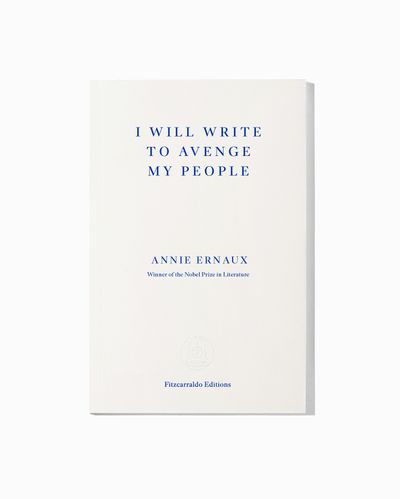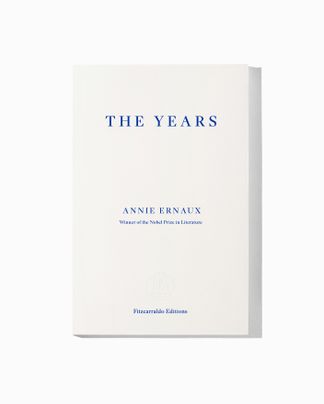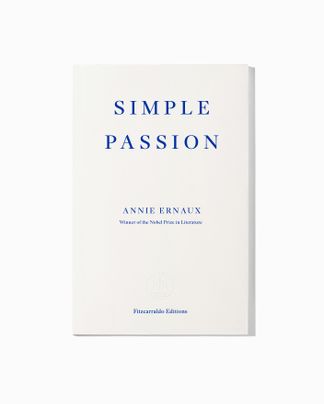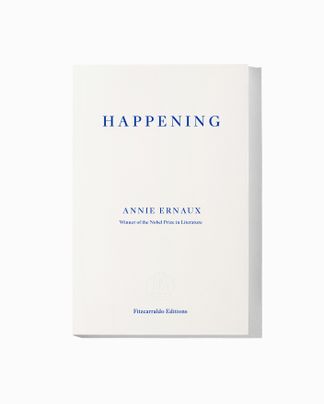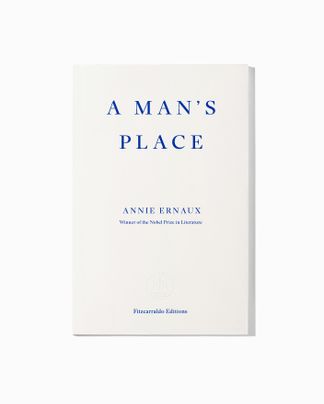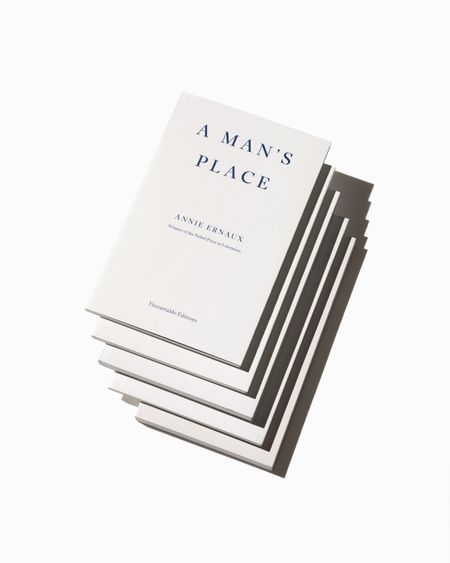Winner of the Nobel Prize in Literature 2022
‘I will write to avenge my people.’ It was as a young woman that Annie Ernaux first wrote these words in her diary, giving a name to her purpose in life as a writer. She returns to them in her stirring defence of literature and of political writing in her Nobel Lecture, delivered in Stockholm on 7 December 2022. To write of her own life, she asserts, is to ‘shatter the loneliness of experiences endured and repressed’; to mine individual experience is to find collective emancipation. Ernaux’s speech is a bold assertion of the capacity of writing to give people a sense of their own worth, and of one writer’s commitment to bearing witness to life, its joys and its injustices.

